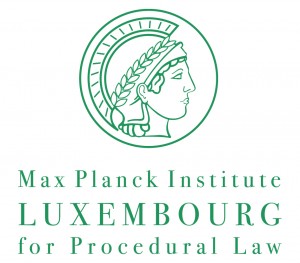
Max Planck Society selects EM for encyclopedia
The Max Planck Institute has chosen Editorial Manager as the peer review system for their encyclopedia.

The Max Planck Institute has chosen Editorial Manager as the peer review system for their encyclopedia.
Aries products, are configurable and flexible, giving control to users to design the best, most supportive workflows for their publications. Editorial Manager and ProduXion Manager stand out among other systems in the marketplace because workflows are not hard-coded, and a majority of configuration requires no development, or delay.

Aries is an early adopter of the CRediT contributor roles taxonomy, having made a commitment to integrate role selection with author submission beginning with the 13.0 release (now in Beta testing).

The CRediT taxonomy, which is integrated with Editorial Manager beginning with version 13.0, is a topic of interest for many authors and publishers. Those looking to learn more, will enjoy this short, awareness-raising update on the contributor role project recently published on F1000’s blog, Naturally Selected.

With the help of an NIH grant, Force11 is tackling the problem/opportunity of how authors cite data.

By now, many researchers and publishers are familiar with Overleaf– the LaTeX based, online collaboration tool integrated with real time PDF-style preview. This tool has been adopted by many, including Springer journals.

What are you doing next Wednesday, at 10:30 a.m. EST? Join the Aries team for the first Enterprise Analytics Reporting (EAR) webinar of 2016!

We asked about 90 of our customers– the 2016 European Editorial Manager User Group– to help us locate the “treasure” in Editorial Manager. You might be wondering what on earth that means.
There are many powerful features with Editorial Manager and ProduXion Manager designed to increase workflow efficiency. Manuscript Flags, in particular, are worth learning a bit more about.

Right now in London, nearly 100 industry professionals also known as the European Editorial Manager User Group are heads down collaborating to identify new features and functionality, learn about current and planned innovation, and discuss workflow trends and implementations that serve as infrastructure, enabling efficiency.

Increasingly, publishers require that authors provide their unique ORCID iD along with files and other metadata when submitting work for publication in peer reviewed journals.